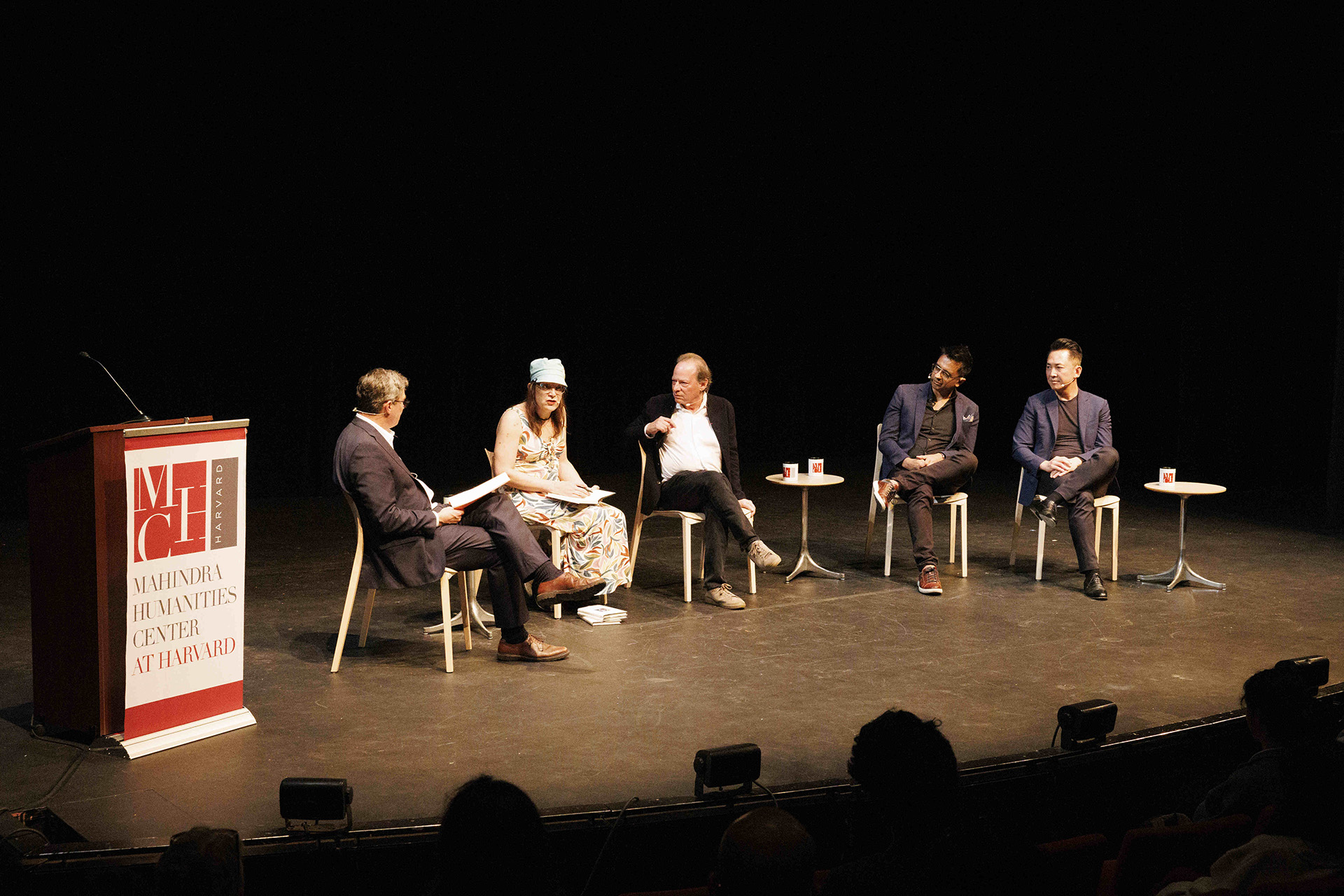
"A healthy democracy depends, yes, on the rule of law and fair elections, but it depends just as much on having a flourishing, pluralistic culture," said Gopnik. "The idea that you have had lectures on subjects that may seem esoteric, that are open to the public, that's a simple idea of incredible value. When I look at the Norton Lectures I think about the power and fragility of pluralistic culture, and I think we have to be more committed to it now than we have ever been."
"In November 1926, Oxford classics scholar Gilbert Murray stood before an audience in Harvard's Lowell Lecture Hall to deliver the first-ever talk in the newly endowed Charles Eliot Norton Professorship of Poetry. His lectures on the classical tradition drew such crowds that according to a Crimson story published at the time, the final one had to be moved to Boston's Symphony Hall to accommodate the demand."
""We're now in the 100th year, and this distinguished lecture series has witnessed a century of individuals delivering lectures on literature, music and the visual arts," director Suzannah Clark told an audience at Farkas Hall at a recent event marking the milestone anniversary."
The Norton Lectures began in November 1926 with Gilbert Murray delivering the inaugural talk at Harvard's Lowell Lecture Hall. The series has spanned a century of lectures on literature, music, and the visual arts and once required the final lecture to be moved to Boston's Symphony Hall to accommodate demand. A centennial event at Farkas Hall marked the milestone and emphasized the series' role as a public, pluralistic cultural platform that amplifies artists and scholars. Harvard University Press released past Norton Lectures with new forewords addressing Stravinsky (1939–40), John Ashbery (1989–90), and the 1967–68 lectures of Jorge.
Read at Harvard Gazette
Unable to calculate read time
Collection
[
|
...
]